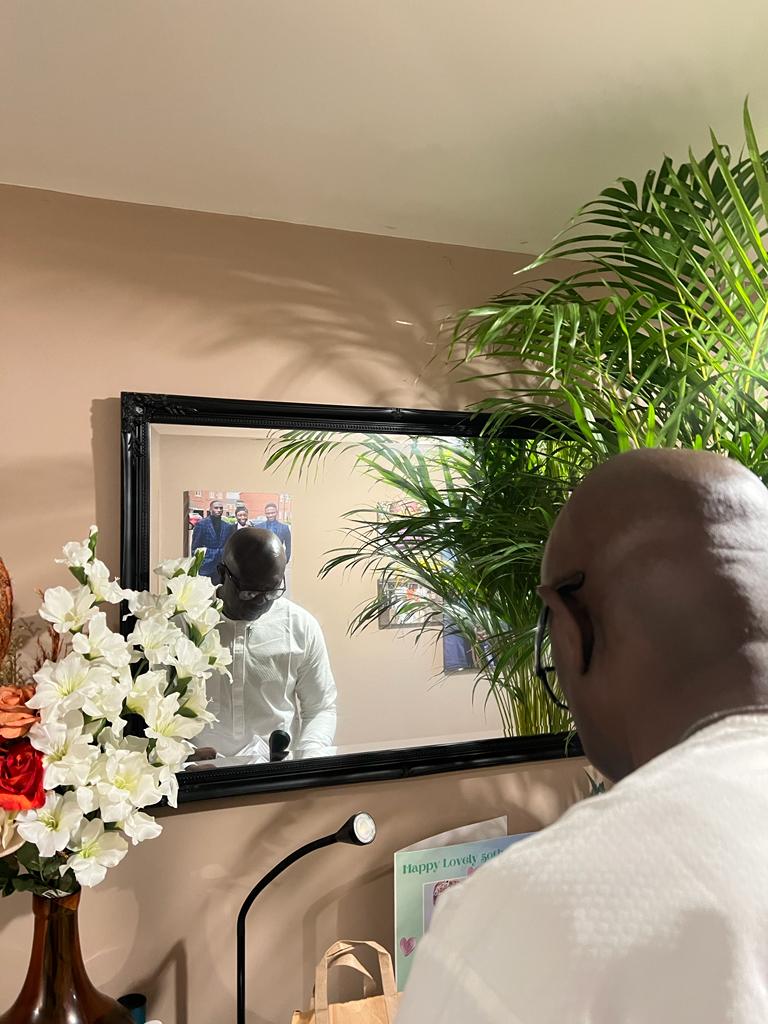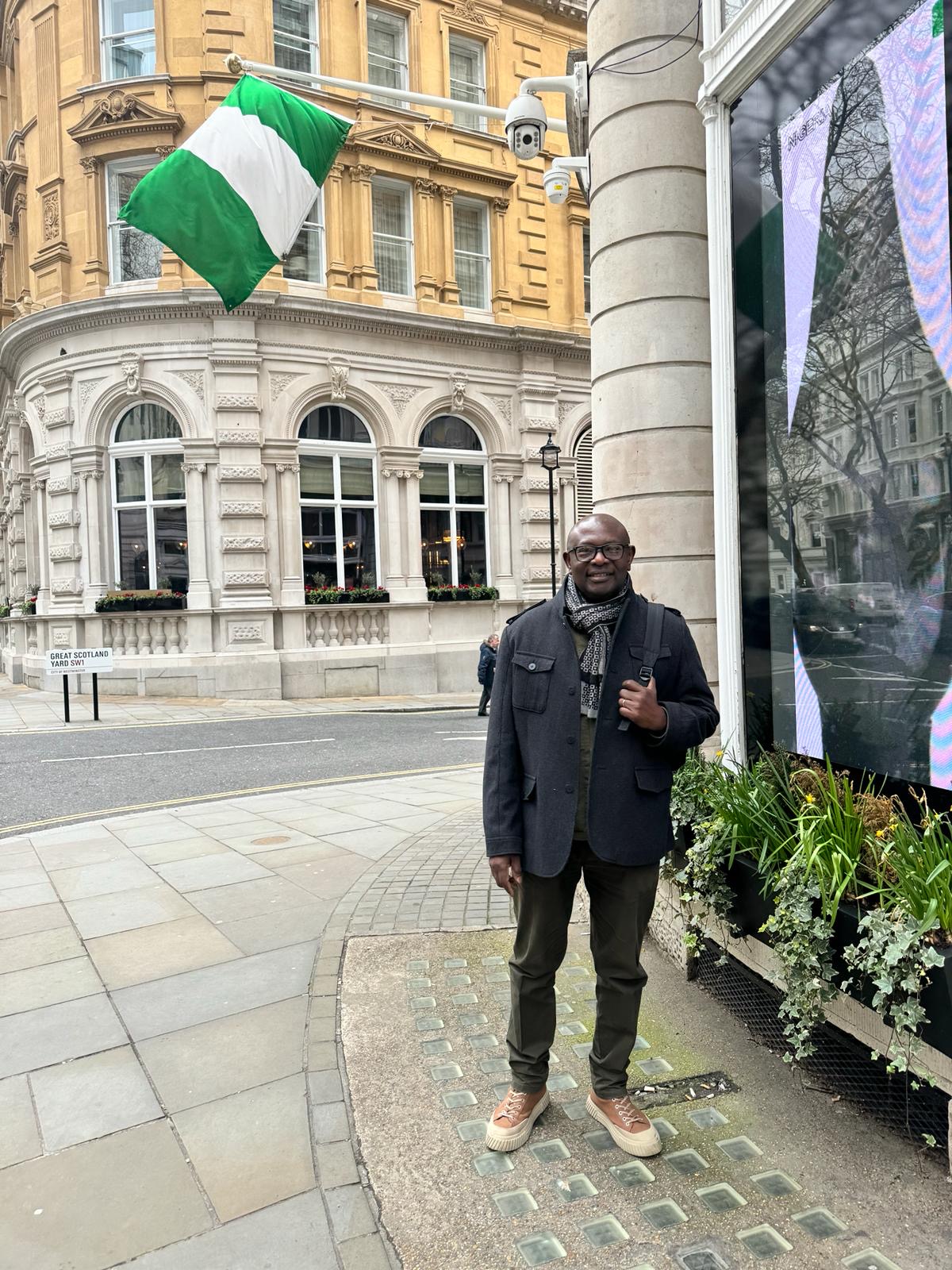By Morak Babajide-Alabi
For the Coronavirus infection (COVID-19), there is no abating. Unfortunately, weeks and running into months after its outbreak it is still the main focus of the entire world. From the American continent, East Asia to Africa the virus is causing unthinkable destruction to lives and properties. The death toll is rising by the day as businesses and financial institutions are on the brink of collapse.
The scale at which the deadly virus is spreading is alarming. The concerning part of it is that it has crept into the African continent where health facilities are luxury for the citizens. The advanced economies are overwhelmed by the pandemic, and they are struggling to keep the death toll down. They are trying, but the battle is far from won yet. The city of New York has become the epicentre of the virus in the United States of America. The plight of the residents of New York is reflected in the sombre and disturbed look of their governor, Andrew Cuomo, at the daily press briefing. There is a need to worry as the number of infections in the city has risen almost at par with those in Italy and China. This has prompted President Donald Trump to consider a short-time quarantine of the city, New Jersey and parts of Connecticut.
Trying to comply with the directive of the World Health Organisation (WHO) to “test, test, test” is the key challenge for governments all over the world. There is a shortage of test kits to achieve this. Many individuals are going about without knowing if they are infected with the virus or not. Keeping those who have tested positive to COVID-19 alive remains a gigantic struggle as well. The much-needed respirators are in short supply. In the United Kingdom, the US, or elsewhere, respirators are inadequate to sustain those who are infected. In the meantime, the numbers of infected individuals are rising daily, and the intensive-care units (ICU) are overcrowded.
Just as in wartime, makeshift hospitals are becoming features of cities. Stadia, events centres and hotels are being converted to accommodate more people who need care. The health workers and frontline staff are overwhelmed by what they cope with daily. They are warning the general public how dreadful the situation is in the hospitals (makeshifts or proper).
The world is in lockdown currently. Everything is at a pause as governments and agencies try to stall the continued spread of the virus. The efforts of the key workers cannot be “over-praised”, as they place themselves at risk to save what is left of the world. The risk is massive, as some of them do not have the test kits to certify that they are negative of the virus they are trying to stop.
Despite WHO’s declaration that it has shipped almost two million individual items of personal protective equipment (PPE) to 74 countries, there is still a shortage. This trend is not limited to third world countries; it is the same all over the world. The WHO chief, Tedros Adhanom Ghebreyesus said in Geneva on Friday that “the chronic global shortage of personal protective equipment is now one of the most urgent threats to our collective ability to save lives.”
It is remarkable that where governments are lacking, private businesses and individuals are rising to the occasion. Many companies are coming up with prototypes of respirators that can be useful in the fight against the virus. The UK’s health secretary, Matt Hancock had last week Sunday called on all manufacturers to “turn their engineering minds and production lines to making them … We need to produce more.”
The US President, Donald Trump, made a drastic decision by invoking the Defense Production Act to force the automaker General Motors to produce ventilators for patients and hospitals. This move had been condemned as political witch-hunting, but Trump thinks otherwise. He said: “Our negotiations with GM regarding its ability to supply ventilators have been productive, but our fight against the virus is too urgent to allow the give-and-take of the contracting process to continue to run its normal course. GM was wasting time. Today’s action will help ensure the quick production of ventilators that will save American lives.”
Governments are employing various tactics to keep the COVID-19 away. Last week, India, with a population of over a billion announced a 21-day lockdown. There have been some comical video clips coming out of the country. We could see some “dissident” citizens flogged openly for flouting the stay at home order.
A few of such scenes were also recorded in Nigeria – the vastest black populated country in the world. The government had imposed the social distancing measure. However, unlike responsible societies, some Nigerian churches, mosques and other places of worship were open “for business”. As it is usual in the country, a few small-time organisations were picked out as scapegoats. The security agencies made a show of closures of such business premises while the big-time operators that had thousands more than allowed were left without any rebuke.
Today, in the United Kingdom the clock goes forward to the British Summer Time (BST). The change, which takes place the last Sunday of March, heralds the start of summertime and the coming out of the sun. It is customarily a time of relief for the Brits who would have “wintered” for four/five winter months. The barbecue wares are dusted and kept at arm’s length for use immediately there is a reflection of the sun. The neighbourhood parks flourish as the daffodils invitingly welcome residents. The spirit of the nation is elevated.
The clock change today, however, is different. The COVID-19 lockdown has dampened what could have meant a celebration of better days ahead. No one is coming out. The park will stay shut while picnics are suspended until the virus is sent packing. The announcements on Friday that the Prime Minister, Boris Johnson and Hancock had tested positive to Coronavirus is not good news. They are two of the 11,658 confirmed cases in the country. Earlier in the week, the news that the heir to the British throne, Prince Charles tested positive to COVID-19 was on the air. The 71-year old has gone into self-isolation while he hopes to pull through after 14 days.
Johnson’s announcement was a surprise. He was on the steps of 10 Downing Street a night before to lead tributes to the brave National Health Service (NHS) staff and other key workers in the UK. On the night, at exactly 8 pm, the British came out in solidarity to express their appreciation for the works of the emergency agencies. It was emotional scenes, as claps rang out from streets in the country. The heroic works of the frontline workers were celebrated.
To the British, testing positive to COVID-19 is not a shame or something to shield away from the public. Infection of the virus is not a death knell on the individuals, and never seen as something that should be treated as a state secret. As Johnson is the number one civil servant in the country, the citizens have to be updated on the PM’s state of health. More so, adequate communication and sharing of information give room to no suspicion or conspiracy theories.
This is the difference in approaches with what is obtained in the African continent where information is suppressed and kept away from the public, COVID-19 or not. This lack of openness engenders suspicions and rumour-mongering among the populace. Why African political leaders are always economical with the truth is still baffling. There is no country where lack of information is as damaging as Nigeria. The masses resort to rumour-mongering when the leaders do not come open with the real situation of happenings.
It is incomprehensible what could be going on in the minds of the leaders or their handlers. They hoard information, in the same way; they selfishly misappropriate the resources of the country.
As written for the Diaspora Matters column, Sunday Vanguard, March 29, 2020.







